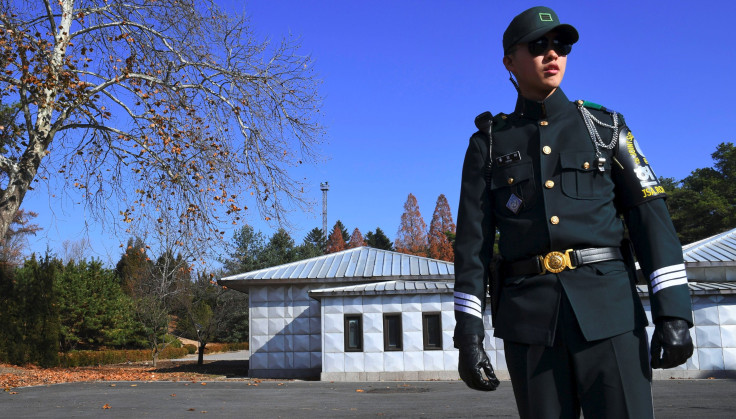Nearly 1,000 North Korean Defectors' Details Leaked, Seoul-Run Resettlement Center Hacked

The personal information, including names, birth dates and addresses, of almost 1,000 North Korean defectors was leaked when a computer at a government-run resettlement center in South Korea was hacked.
"Recognizing a possibility of one personal computer at the Hana Center in North Gyeongsang Province having been hacked, we carried out an on-site probe on Dec. 19 in cooperation with the provincial government and the center and confirmed the computer was infected with a malicious code," the Ministry of Unification confirmed Thursday, Yonhap News reported. "In that computer, there was a file containing personal information of North Korean defectors. The file was confirmed to have been leaked.”
Malicious code was used to infect the computer from which the data was stolen. The ministry added that this was the first ever large-scale leak of such kind involving North Korean defectors. Authorities are still working to determine who was behind the security breach.
The 997 defectors whose information were leaked, have been notified of the incident. Roughly 30,000 North Korean defectors who live in South Korea were provided shelter by the Hana Center.
In order to prevent such leaks in the future, the government is working to separate the computers storing confidential data at the 25 resettlement facilities across the country run by the Hana Center, so the systems tasked with storing information about North Korean defectors will not be connected to the internet, making it difficult for cybercriminals to get their hands on them. The plan is expected to be completed next year.
On Thursday, the ministry announced the period for which North Korean defectors can officially apply for asylum in South Korea will be extended from a year to three years – a revision in the law which will go into affected in January 2019. Earlier, the law dictated that any defector who failed to express their intent to settle in South Korea within one year of arrival could be subjected to a number of restrictions in receiving state support, Korea Herald reported.
The ministry further clarified that defectors who were previously denied full support by the Seoul government will also be eligible for settlement-related support under the revised law. South Korean government data found that by the end of October, 206 North Korean defectors failed to obtain full state support after they missed the one-year deadline.
Meanwhile, as the relation between the two halves of the Korean peninsula improved, an increasing number of North Korean defectors came out of anonymity and made their presence known on social media.
Kang Na Ra, a North Korean defector who has her own YouTube channel with around 3,400 subscribers, said her status as a defector no longer limited her social life.
"Now there are so many defector-YouTubers that I have to find something new and interesting. Me being a defector is not enough," she told Yonhap News in an interview recently.
She added although she did not have any specific qualms about the life she used to live in North Korea, being a YouTuber would have been impossible if she had not defected.
"My life in North Korea was not all that bad except I didn't have freedom," she said. "This whole personal media thing I do now was unimaginable."
© Copyright IBTimes 2025. All rights reserved.






















